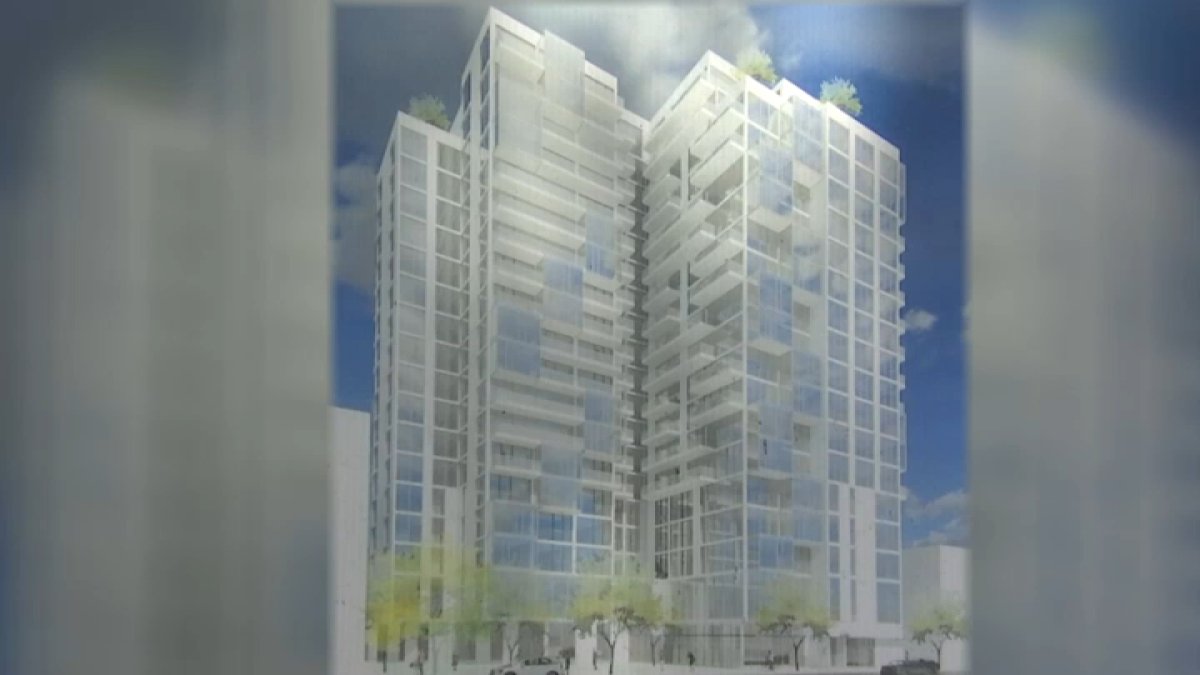A battle is brewing in Beverly Hills as developers attempt to use a newly strengthened state law to build more affordable housing.
The Builder’s Remedy is a 1990 law that’s been strengthened in recent years, allowing developers to essentially override local zoning regulations. Proponents say it’s needed to address the housing crisis, but opponents argue it will change cities for the worse.
Right now, Beverly Hills is ground zero in a fight with implications across Southern California.
Abe Cohen supports the effort to build hundreds of new apartments in his city, including a 19-story building on the corner of South Linden Drive and Wilshire Boulevard.
“A lot of houses should be added,” Cohen said. If it means more people moving into Beverly Hills, they’re “more than welcome,” he added.
The Linden Drive building is one of multiple projects being proposed in the city, with a portion of units for low-income housing as developers use the Builder’s Remedy to bypass local zoning regulations.
Advocates say Beverly Hills is one of many cities that have largely ignored state requirements to allow for more housing as the state’s housing crisis has worsened. Local
Get Los Angeles's latest local news on crime, entertainment, weather, schools, COVID, cost of living and more. Here's your go-to source for today's LA news.
“This is the legal consequence for refusing to do that work and plan for the housing that the state and the region need,” said Dave Rand an attorney representing several developers.
A Builder’s Remedy effort to build 14 new buildings in Santa Monica resulted in a compromise of 10 buildings and more local control. But Beverly Hills continues to oppose such efforts, its mayor telling KCRW that, “We know best what our community wants.”
“If you believe in more equity, in more inclusion and more diversity and more housing choices for different types of people, then I think this Builder’s Remedy is in the public good,” Rand argued.
The state is demanding that Beverly Hills plan for more than 3,000 apartment units in the next six years. Right now, the city has about 8,500.
Teri Penski, a Westwood resident, backs the more aggressive push for additional affordable housing.
“There are just a lot of people who cannot afford housing, cannot afford the houses here,” she said.

They did everything they could to make exclusionary zoning. So this is what they get.